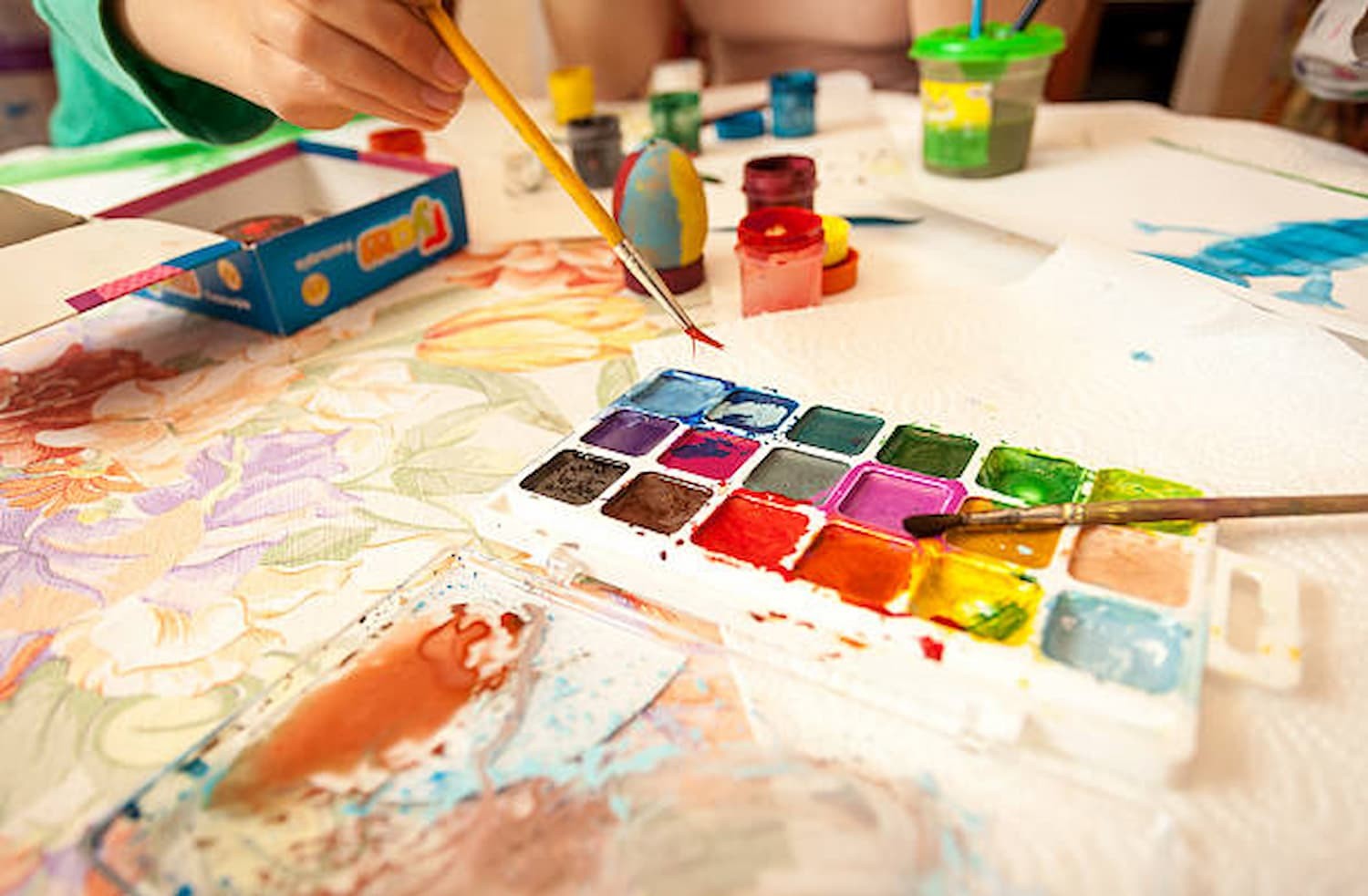What is art therapy?
Art therapy is an approach to health and wellness in which clients use creative elements, such as drawing or painting, to gain a better understanding of developmental disorders and allow for early intervention. People usually seek out art therapists in order to express themselves in ways that words cannot, to explore their emotions, and to identify healthy coping strategies. An art therapist can help people who are suffering from depression, anxiety, grief, trauma, addiction, chronic stress, dementia, phobias and physical ailments such as high blood pressure and muscle stiffness.
Art therapists in Newcastle can join a variety of industry associations to help them advance their careers, including the following:
- Australian, New Zealand and Asian Creative Arts Therapies Association (ANZACATA)
- Professional Association for Arts Therapy in Australia and New Zealand (ANZATA)
- Australian Counselling Association (ACA)
- Australian Clinical Psychology Association (ACPA)
- Australian Community Counselling Association (ACCA)
- Australian Psychological Society (APS)
- Australian Register of Counsellors and Psychotherapists (ARCAP)
- Psychotherapy and Counselling Federation of Australia (PACFA)

Should you study art therapy?
To become an art therapist, you do not need to be an exceptional artist or have previously staged an art exhibit. All you need is a desire to assist others in improving their quality of life by resolving long-standing emotional issues and discovering their purpose. In addition to learning different art therapy techniques, studying art therapy will help you develop the following soft skills:
- Good verbal communication skills are required to guide clients in the use of art for therapeutic applications and to clearly explain why they feel a certain way.
- Pleasant and empathetic in order to be able to foster trust and provide a safe and nonjudgmental environment for your clients.
- Strong critical thinking skills will enable you to assess and understand the message behind a client's artwork.
- Active listening skills that allow you to be more open to changes in the client's behaviour, emotions and thoughts.
- Solid knowledge of various art tools, as well as a desire to learn more in order to gain a better understanding of human behaviour.
If your personal and professional goals, as well as your characteristics, align with the requirements of being an art therapist, then keep reading to learn more about your course options.
What are the course and study options for art therapy in Newcastle?
If you want to work as an art therapist, you must finish both your undergraduate and postgraduate degrees. Many educational institutions in Newcastle offer art therapy courses online, on campus, or through a blended learning environment, giving students more flexibility to schedule their studies around other obligations.
A bachelor's degree in art therapy, or any related field like counselling or psychotherapy, teaches the theoretical framework and practical application of art therapy for improving psychological wellbeing. Art therapy courses are taught by experienced art therapists. In addition to attending classroom or virtual lectures, working on group and individual projects, and passing your exams, you need to complete a supervised clinical placement during your master's degree program.
A list of Newcastle's art therapy courses is available to you at the top of this page. After looking over your selections, if you still have questions about your preferred school's teaching methods, curriculum or accreditation, you can contact them directly.
What happens after you complete your art therapy course?
You will be qualified to join the Australian, New Zealand and Asian Creative Arts Therapies Association (ANZACATA), the peak membership organisation for art therapists, after earning your art therapy degree. Before they can work in a professional setting, all art therapists in Newcastle must satisfy this requirement.
You could start your career in a multidisciplinary or specialised practice. These work environments include schools, aged care facilities, psychiatric wards, corporate settings and refugee camps, to name a few.
After gaining some experience, you may decide to open your own private practice and manage your own schedule and clientele. You can start along the path to success by using Natural Therapy Pages to get your art therapy services—offered both in-person and online—listed on the practitioner listing page. This will ensure a continuous flow of clients.
Furthermore, while practising, you may fulfil your organisation's CPE requirements in order to maintain your membership. The following are some of the most highly recommended training programs in Newcastle:







